Find Help
More Items From Ergsy search
-
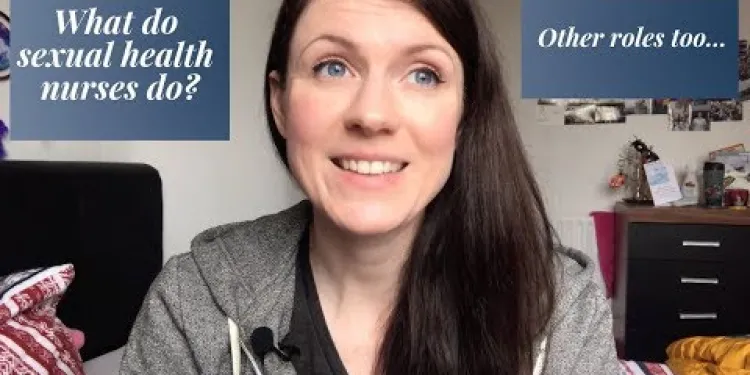
The Different Roles in Sexual Health and Family Planning UK
Relevance: 100%
-
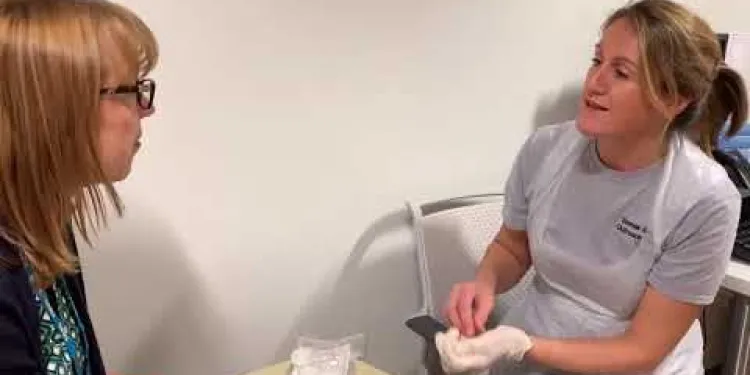
Sexual Health - HIV Testing
Relevance: 48%
-

Understanding Your Sexual Health - Pelvic Inflammatory Disease
Relevance: 46%
-
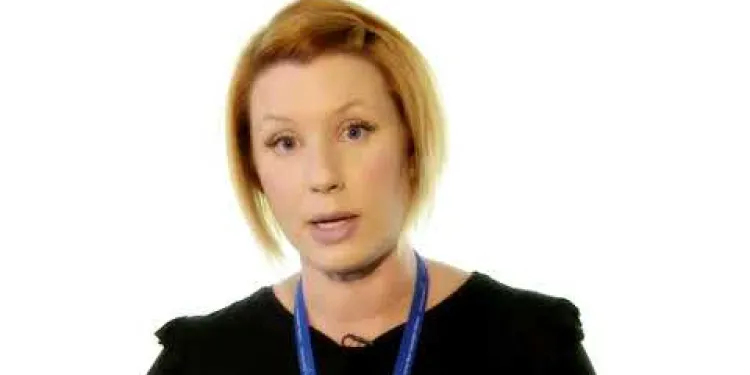
Understanding Your Sexual Health - Herpes
Relevance: 45%
-
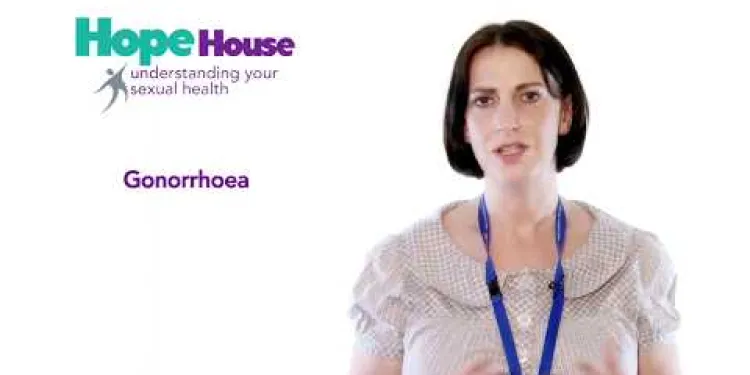
Understanding Your Sexual Health - Gonorrhoea
Relevance: 45%
-
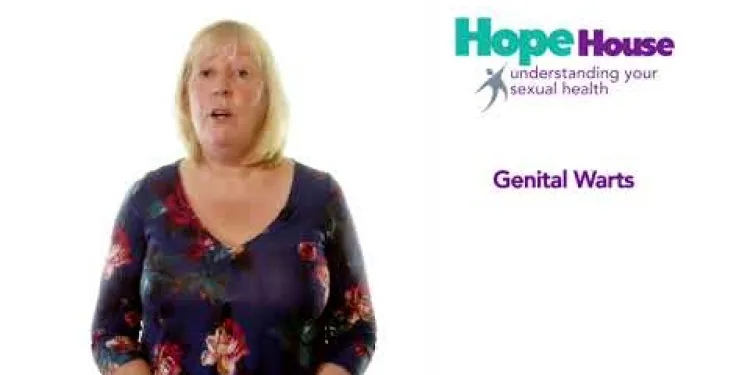
Understanding Your Sexual Health - Genital Warts
Relevance: 44%
-
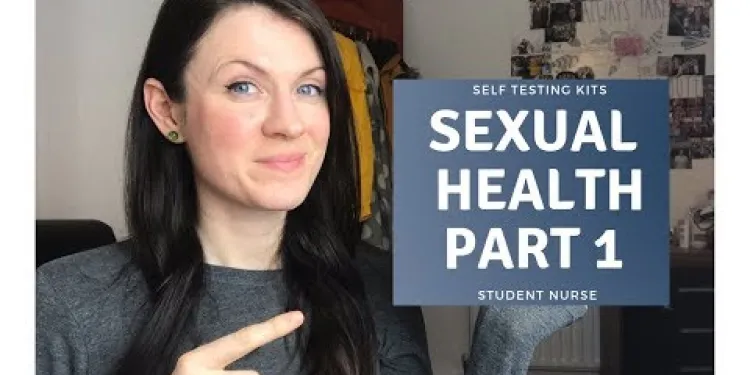
Let's Talk Sexual Health - Home Self Testing Kits
Relevance: 44%
-

Let's Talk Sexual Health - Home Self Testing Kits
Relevance: 44%
-
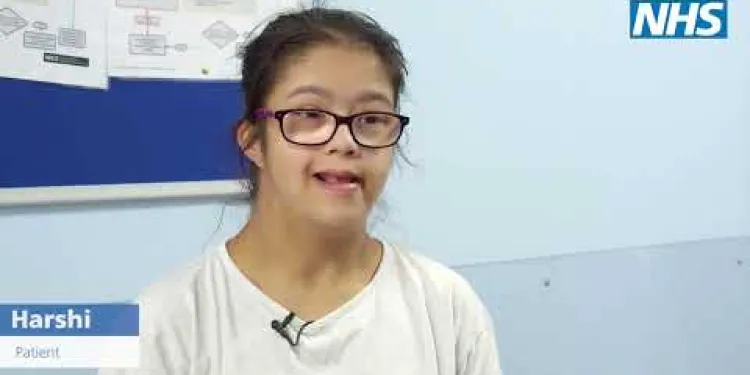
Harshi’s learning disability annual health check and health action plan
Relevance: 41%
-
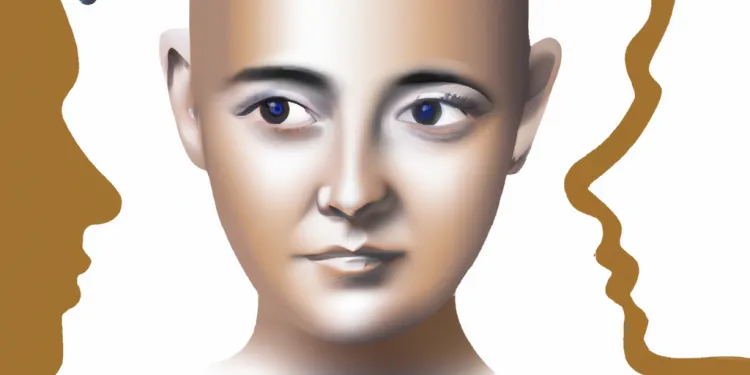
Mental Health Resources for Families
Relevance: 40%
-
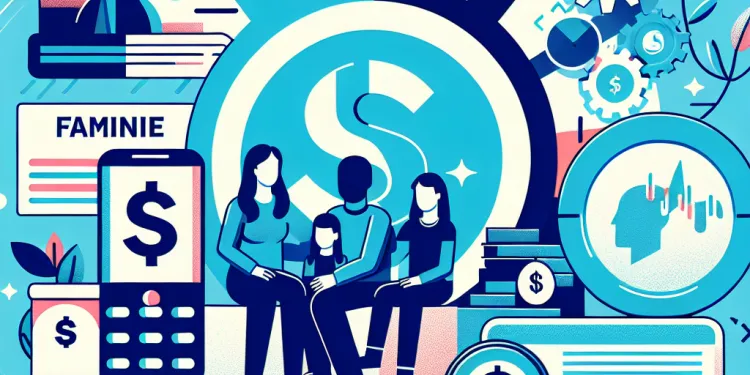
Advancements in Mental Health Resources for Families
Relevance: 39%
-
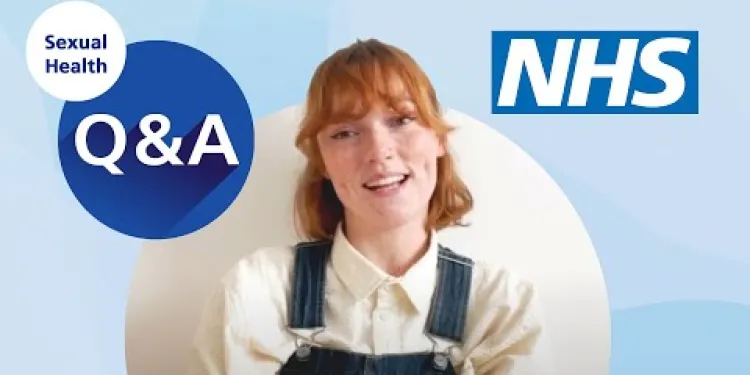
Sexually transmitted infections STIs
Relevance: 39%
-

Mental Health Support Resources for Families
Relevance: 37%
-
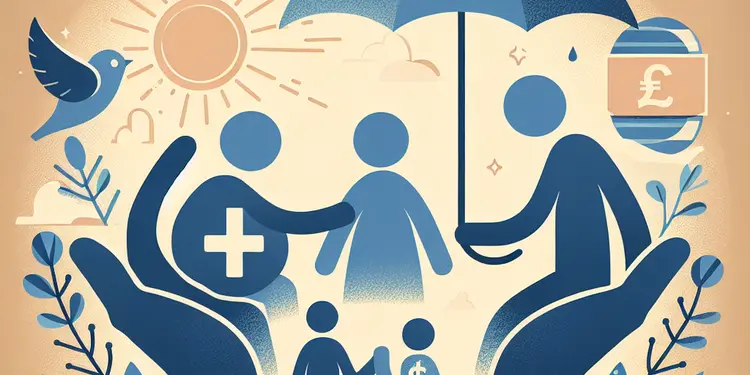
What role do family and friends play in the recovery process?
Relevance: 36%
-

Impact of Rising Living Costs on Family Health
Relevance: 36%
-

What is an Education, Health and Care Plan (EHCP)?
Relevance: 35%
-

Mental Health Support for Families: Resources and Guidance
Relevance: 35%
-
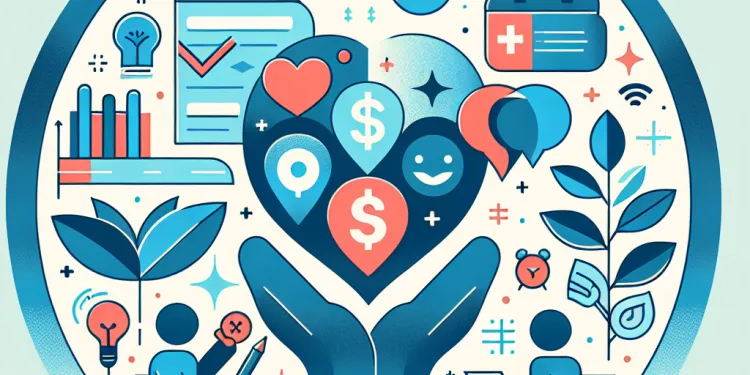
Mental Health Support for Families: Resources and Strategies
Relevance: 35%
-
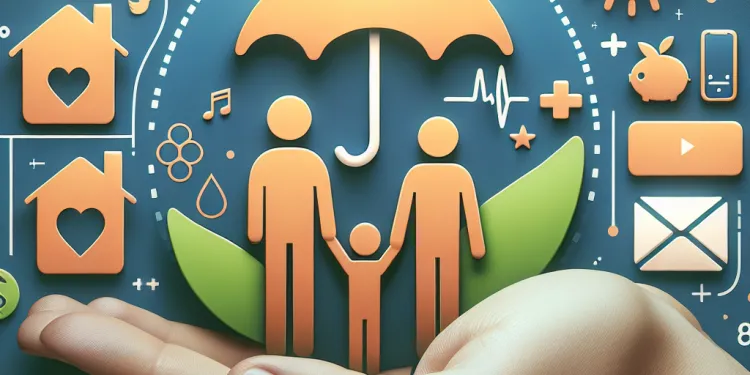
Mental Health Support for Families: Resources and Helplines
Relevance: 35%
-

What is the role of independent financial advisors in pension planning?
Relevance: 34%
-
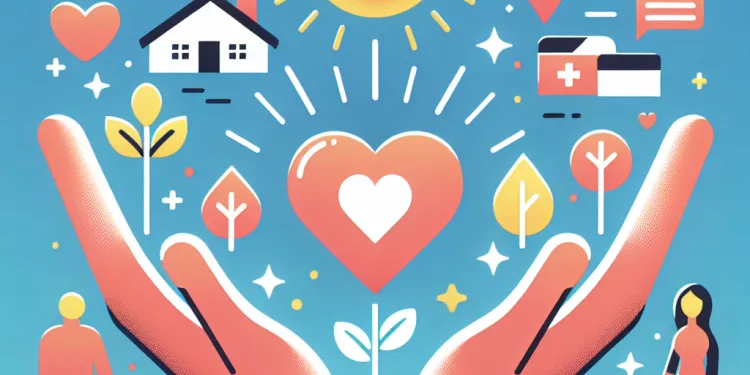
Mental Health Support for Families - Latest Resources and Guidance
Relevance: 34%
-

What factors determine the treatment plan for prostate cancer?
Relevance: 33%
-

The NHS Long Term Plan for learning disability and autism
Relevance: 33%
-
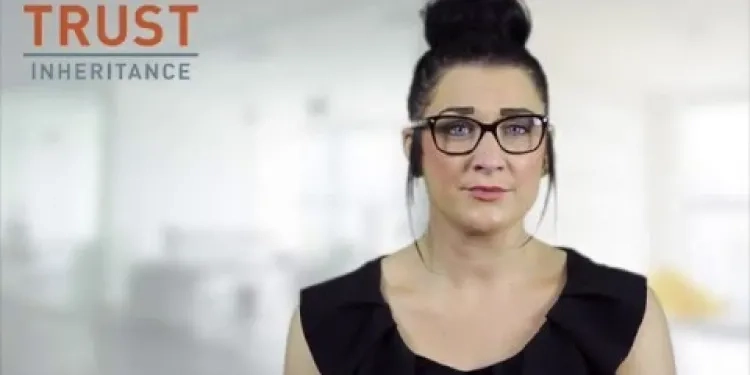
Planning for your funeral
Relevance: 32%
-
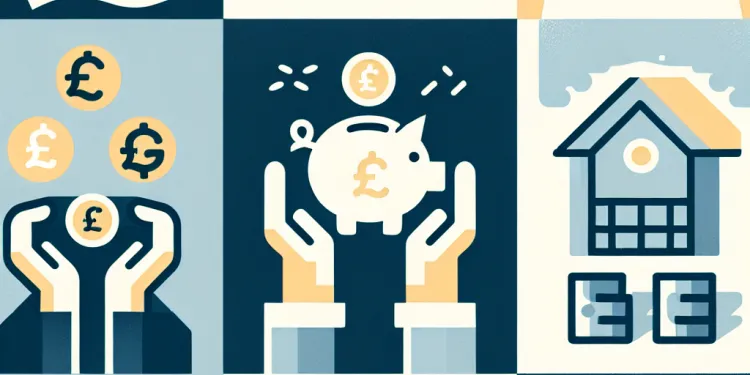
How can I plan for future care needs?
Relevance: 32%
-

Three-year limit for child sexual abuse claims to be removed
Relevance: 32%
-

What is the role of mental health assessments in indefinite sentences?
Relevance: 32%
-
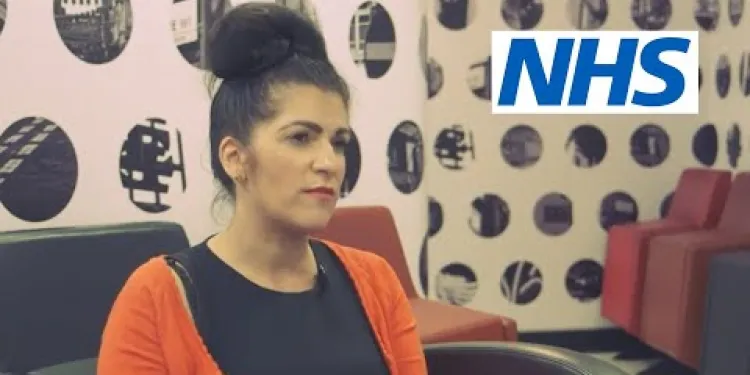
Cervical screening for women who have experienced sexual assault | NHS
Relevance: 31%
-

NHS STI (Sexually Transmitted Infections) Information Video
Relevance: 30%
-
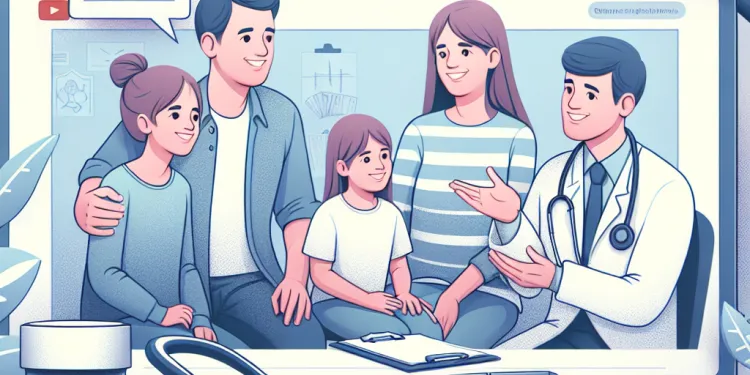
Managing Chronic Illness Within the Family
Relevance: 29%
-
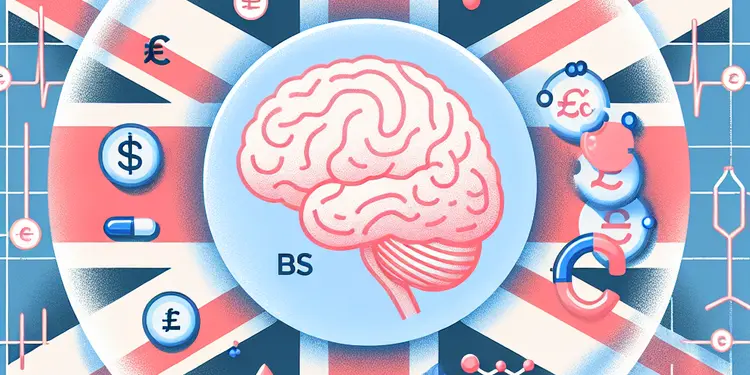
What role does estrogen play in brain health?
Relevance: 29%
-
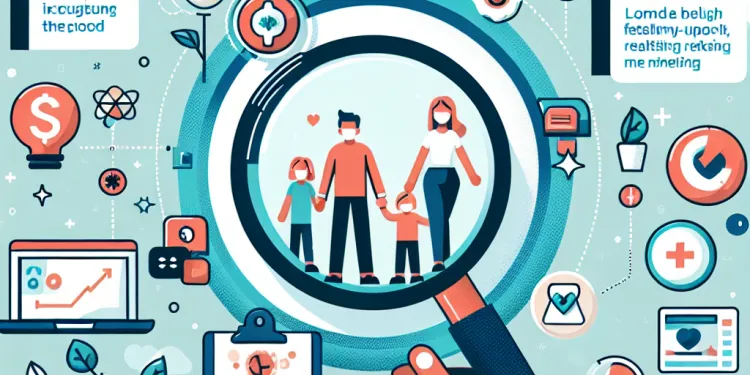
Healthy Family Lifestyle Tips Post-Pandemic
Relevance: 29%
-
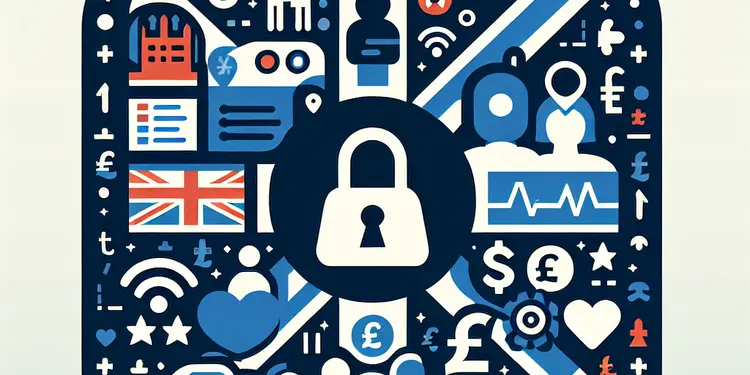
Can family members be involved in the care process on a virtual ward?
Relevance: 28%
-

What is an income-driven repayment plan?
Relevance: 28%
-

What is a pre-paid funeral plan?
Relevance: 28%
-

The Benefits of Family Activities
Relevance: 28%
-
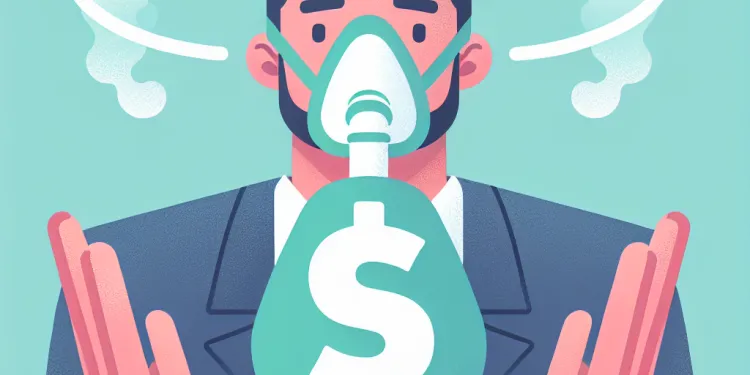
What is an asthma action plan?
Relevance: 28%
-
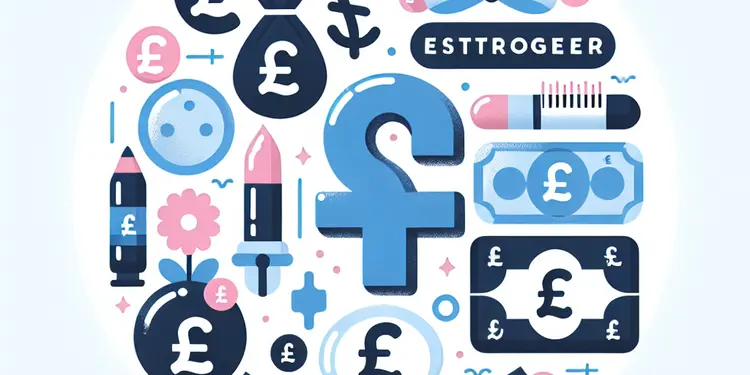
What is the role of estrogen in menopause?
Relevance: 27%
-

What role do prebiotics play in gut health and aging?
Relevance: 27%
-
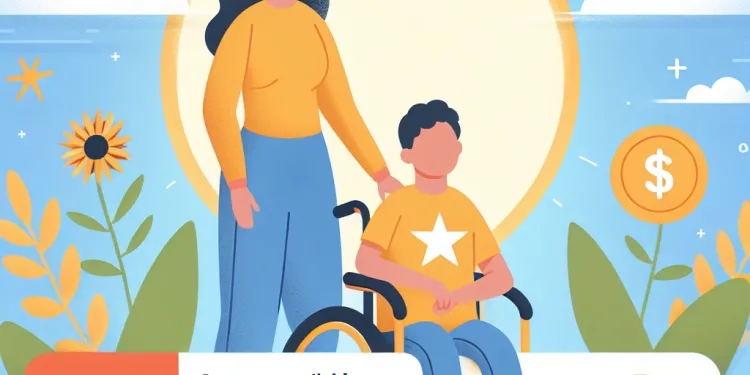
What support is available for families of individuals with PIMD?
Relevance: 27%
The Different Roles in Sexual Health and Family Planning UK
General Practitioners (GPs)
In the UK, General Practitioners (GPs) play a crucial role in sexual health and family planning. They are often the first point of contact for individuals seeking advice on contraception, sexual health screenings, and treatment for sexually transmitted infections (STIs). GPs provide confidential consultations and can refer patients to specialized sexual health clinics when necessary. Their role is vital in educating patients about safe sexual practices and empowering them to make informed choices about their reproductive health.
Sexual Health Advisors
Sexual Health Advisors offer specialized support and counseling services in clinics and hospitals. They provide advice on STI prevention, testing options, and risk reduction strategies. These professionals work closely with individuals diagnosed with illnesses, supporting them with information on treatment and management. Sexual Health Advisors are trained to handle sensitive topics with compassion, ensuring that patients feel comfortable discussing their concerns.
Family Planning Nurses
Family Planning Nurses focus on providing contraception advice and services. They are skilled in various contraceptive methods, from oral contraceptives to long-acting reversible contraceptives (LARCs) like implants and intrauterine devices (IUDs). These nurses work in NHS sexual health clinics, GP practices, and community health centers, offering personalized consultations to help individuals select the most suitable contraception based on medical history and lifestyle.
Specialist Sexual Health Doctors
These doctors, often found in sexual health clinics, are experts in diagnosing and managing complex sexual health issues. They handle cases that require specialized care beyond what a GP can provide, including managing chronic STIs and HIV care. Specialist doctors work collaboratively with other healthcare providers to ensure comprehensive treatment plans for their patients.
Community Outreach Workers
Community Outreach Workers are vital in reaching under-served populations, including young people, immigrants, and those in remote areas. They deliver education on sexual health and family planning to communities, aiming to reduce health disparities and increase awareness. Through workshops and initiatives, they foster a better understanding of sexual health rights and services available through the NHS and other organizations.
The Different Jobs in Sexual Health and Family Planning UK
General Practitioners (GPs)
In the UK, General Practitioners, or GPs, help with sexual health and family planning. They are often the first people you talk to when you need advice about birth control, sexual health checks, or treatment for infections. GPs offer private talks and can send you to special clinics if needed. They also teach people about safe sex and help them make good choices about having babies.
Sexual Health Advisors
Sexual Health Advisors give special help and advice in clinics and hospitals. They talk about how to stop getting infections, testing options, and staying safe. They assist people who are sick by giving them information about treatment. These advisors are trained to be kind and make sure you feel okay to talk about your worries.
Family Planning Nurses
Family Planning Nurses help with advice and services for birth control. They know about different birth control methods, like pills and long-term methods such as implants and IUDs. These nurses work in NHS clinics, GP offices, and community centers. They help people choose the best birth control based on their health and life.
Specialist Sexual Health Doctors
These doctors work in sexual health clinics and know a lot about complicated sexual health problems. They take care of cases needing extra care, like long-lasting infections and HIV. Specialist doctors work with other healthcare workers to make sure patients get all the help they need.
Community Outreach Workers
Community Outreach Workers are very important for helping people who might not get much help, like young people, immigrants, and those in faraway places. They teach communities about sexual health and family planning to help reduce health differences. Through classes and programs, they help people understand their rights and the services offered by the NHS and other groups.
Frequently Asked Questions
What services does Sexual Health and Family Planning provide?
Sexual Health and Family Planning services in the UK provide a range of services including contraception advice, STI testing and treatment, emergency contraception, pregnancy testing and support, and sexual health education.
How can I find a sexual health clinic near me?
You can find a sexual health clinic near you by visiting the NHS website and using their 'Find a sexual health clinic' tool, or by searching for local clinics operated by your local council or NHS trust.
Do I need an appointment to visit a sexual health clinic?
Many sexual health clinics offer both walk-in sessions and booked appointments. However, due to varying demand, it is recommended to check with the specific clinic regarding their appointment policy.
Is contraception free in the UK?
Yes, contraception is free in the UK under the NHS. This includes options such as pills, implants, injections, IUDs, and condoms.
What types of contraception are available?
There are several types of contraception available, including male and female condoms, contraceptive pills, patches, injections, implants, intrauterine devices (IUDs), and more permanent options like sterilization.
Can I access sexual health services if I'm under 16?
Yes, young people under 16 can access sexual health services confidentially. Professionals offer guidance and support, ensuring the safety and well-being of young individuals.
What should I do if I think I have an STI?
If you suspect you have an STI, visit a sexual health clinic for testing and treatment. These services are confidential and free under the NHS.
Are sexual health services confidential?
Yes, sexual health services are confidential in the UK. Your information will not be shared without your permission unless there is a concern about your safety or someone else's.
How often should I get tested for STIs?
It's recommended to get tested for STIs at least once a year or when you change sexual partners. Regular testing is important for maintaining sexual health and preventing the spread of infections.
What support is available for unplanned pregnancies?
If you're experiencing an unplanned pregnancy, you can access counselling and support services through your GP, sexual health clinics, or organisations like BPAS and Marie Stopes.
Can I get the morning-after pill for free?
Yes, the morning-after pill is available for free from most sexual health clinics, GPs, and some pharmacies in the UK under the NHS.
How can I talk to my partner about using contraception?
Start the conversation by discussing each other's views on contraception and its importance in your relationship. Be open and honest about your needs and consider visiting a healthcare professional together for advice.
Will my GP inform my parents if I seek sexual health advice as a teenager?
No, consultations with your GP regarding sexual health are confidential, regardless of age. Your GP will not inform your parents unless there is a significant concern for your safety.
What should I do if I experience discrimination at a sexual health service?
If you experience discrimination, you can contact the clinic manager directly or seek assistance from organisations such as the British Association for Sexual Health and HIV or local health authorities to address and resolve the issue.
How can I educate myself more about sexual health?
You can educate yourself about sexual health through resources available on the NHS website, contacting sexual health services, and utilising informational material from organisations like FPA (Family Planning Association) and Brook.
What help can you get from Sexual Health and Family Planning?
Sexual Health and Family Planning can help you with:
- Learning about safe sex.
- Getting advice on having a family.
- Checking for infections.
- Getting medicine and treatments.
- Talking about your feelings and body changes.
If you find reading hard, you can ask someone to read it to you or use a tool that reads text out loud.
In the UK, there are places that help with sexual health and family planning. They can help with:
- Advice on how to not get pregnant (contraception).
- Testing and help if you have an illness you can get from sex (STI).
- What to do if you need special medicine so you don't get pregnant after having sex (emergency contraception).
- Testing to see if you are going to have a baby (pregnancy test) and support if you are pregnant.
- Learning about staying healthy with your body and relationships.
Using pictures and simple guides might help make things clearer.
How can I find a sexual health clinic close to where I live?
Here is how you can find a clinic:
- Use a map app on your phone like Google Maps.
- Search for "sexual health clinic." You can also try "health center."
- Ask someone you trust for help, like a family member or friend.
- Look online on websites for local clinics or health services.
Do you need more help? Talk to a teacher or a family member. They can help you find what you need.
You can find a place to help with sexual health by going to the NHS website. Use their tool called 'Find a sexual health clinic' to look for one near you. You can also search for clinics run by your local council or NHS trust.
Do I need to book a time to go to a sexual health clinic?
You do not always need to book a time to go to the clinic. Some clinics let you walk in any time. It's good to call ahead and ask.
If you are not sure what to do, you can call the clinic. They will help you and answer your questions.
You can also use a website or app to find more information about your local clinic.
Lots of sexual health clinics let you just walk in or book a time to see someone. But sometimes they are busy. It's a good idea to call and ask the clinic how they do things.
Can you get free contraception in the UK?
Yes, you can get contraception for free in the UK. There are different kinds of contraception to help you stop getting pregnant. You can talk to a doctor or nurse about what is best for you. They can help you choose and give it to you for free. You can also go to a clinic or some pharmacies for free contraception. If you need help, you can ask someone you trust to go with you.
Yes, in the UK, you can get free contraception from the NHS. This means you can get things like pills, implants, injections, IUDs, and condoms without paying.
What kinds of birth control can you use?
Birth control helps people not have a baby when they are not ready. Here are some types:
- Condoms: These are like stretchy covers. You wear them during sex to stop a baby.
- Pills: These are tablets you take every day. They stop your body from making a baby.
- Injections: A doctor gives you a shot that helps stop having a baby for a few months.
- IUD: A small thing a doctor puts in your body. It helps stop you from having a baby for a long time.
- Patches: These are like stickers. You wear them on your skin, and they help stop a baby.
- Rings: A small ring you put inside your body. It helps stop a baby.
Talk to a doctor or nurse about what is best for you.
There are many ways to stop having babies. You can use male condoms or female condoms. You can take a pill every day. You can use a patch on your skin. You can get an injection from a doctor. You can get a small stick put in your arm. You can use an IUD, which is a small thing placed in your body. There are also permanent choices if you don't want any babies ever.
Can I use sexual health services if I'm under 16?
If you are under 16 years old, you can still get help from sexual health services. They help you with questions about sex, keeping safe, and staying healthy.
There are people who talk to you in a way that you can understand. They keep your information private, which means they won't tell others unless they need to keep you safe.
To feel more comfortable, you can:
- Bring someone you trust with you, like a parent or friend.
- Ask the helper to explain things slowly or use pictures.
- Use an app on your phone or tablet that helps explain things in easy words.
Yes, young people who are under 16 can get help from doctors and nurses about sexual health. They keep everything private and help make sure you are safe and healthy.
What to Do if You Think You Have an STI
If you think you have an STI (a sickness you can get from touch or close contact), here are some steps to follow:
- Talk to a Doctor: Go to a clinic or hospital. They can help you.
- Get Tested: A doctor will check to see what sickness you have.
- Follow Advice: Listen to what the doctor says. Take any medicine they give you.
- Tell Your Close Contacts: Let people you have been close to know. They might need to get checked too.
For help reading or understanding, you can:
- Ask someone you trust to help you read.
- Use audiobooks or reading apps.
If you think you might have an infection from sex, go to a clinic that helps with these issues. They can test you and give you medicine if you need it. The help is secret, and it doesn't cost anything because of the NHS.
Are sexual health services private?
Sexual health services keep your information private. This means they do not tell anyone about your visit unless you say it is okay. If you need help, you can ask questions and the staff will support you.
Here are some tools to help you feel more comfortable:
- Ask for a quiet room: If you want to talk in private.
- Take a friend: Someone you trust can go with you for support.
- Write it down: Make a list of questions or things you want to talk about.
Yes, sexual health services in the UK are private. Your information is kept secret and will only be shared if there is a worry about your safety or someone else's safety.
How often should I get tested for STIs?
It is good to check for STIs (infections you can get from sex) to stay healthy.
Here is how often you should test:
- If you have a new partner or more than one partner: Test every time you have a new partner.
- If you and your partner are together for a long time: Test at least once a year.
- If you are worried: Talk to a doctor or nurse. They can help you decide when to test.
Here are some tips to help:
- Use a planner or a reminder on your phone to remember when to test.
- Ask a friend or family member to remind you.
- Visit a clinic or doctor. They can answer your questions.
It is a good idea to get tested for STIs at least once every year. You should also get tested if you have a new person you have sex with. Getting tested helps you stay healthy and stops infections from spreading.
Help for When You're Having a Baby and Didn't Plan It
Having a baby when you didn't plan it can be a surprise. There are people who can help you.
You can talk to a doctor or a nurse. They are good people to ask for help.
There are also special places, called clinics, where you can talk about having a baby. They can give you advice.
You can talk to family or friends too. They can support you and help you think about what you want to do.
There are phone lines where you can call and talk to someone. They can give you help and information.
Remember, you are not alone. There are people who want to help you.
If you find out you are having a baby and did not plan for it, you can talk to people who can help. You can visit your regular doctor, go to clinics that help with health and pregnancy, or contact groups like BPAS and Marie Stopes for support and advice.
Can I get the morning-after pill for free?
You might get the morning-after pill without paying money. Here are some ways:
- Health Clinics: Visit a health clinic. Ask if they can give it to you for free.
- Doctor: Talk to your doctor. They can tell you how to get it.
- Family Planning Services: Some places help with family planning. They might give it for free.
If you need help reading, ask someone you trust. They can read it with you.
Yes, you can get the morning-after pill for free at most sexual health clinics, doctors' offices, and some pharmacies in the UK. This is thanks to the NHS.
How can I talk to my partner about using protection?
Talking to your partner can be easy and helpful. Here are some simple steps:
- Pick a good time: Choose a moment when you both feel relaxed and can talk in private.
- Be honest: Share your feelings and why using protection is important to you.
- Listen: Ask your partner what they think and listen to their feelings too.
- Learn together: Find out about different types of protection and decide which one is best for both of you.
- Use tools: You can use videos or books to help understand more.
- Stay calm: It's okay if talking takes time. Keep the conversation friendly and caring.
Talk with each other about how you feel about using protection, like condoms or birth control. Say why it is important to you in your relationship. Be honest and listen to each other. You can also go see a doctor together. The doctor can help you with advice.
Will my doctor tell my parents if I ask about sexual health?
If you are a teenager and you talk to your doctor about sexual health, your doctor will usually keep it private. This means they will not tell your parents.
You can always ask your doctor to explain what "confidential" means. You can also ask them if they plan to talk to anyone else about your visit.
If you find it hard to talk about sexual health, you can bring a trusted friend or use a helpline for support.
Your talks with the doctor about sexual health are private. The doctor won't tell your parents unless they think you might be in danger. This is true no matter how old you are.
What to Do if You Face Unfair Treatment at a Sexual Health Service
If someone treats you unfairly at a sexual health clinic, here is what you can do:
- Talk to Someone You Trust: Share your feelings with a friend, family member, or support worker.
- Speak Up: Let the clinic staff know how you feel. They might not know they upset you.
- Write It Down: Keep a record of what happened. Write down the date, time, and what was said.
- Ask for Help: Contact support groups or charities. They can give advice and support.
- Make a Complaint: Most clinics have a way to report problems. Ask how to do this.
If you need more help, you can use:
- Easy Words Apps: There are apps that can help explain big words.
- Support Workers: Some workers can help talk to the clinic for you.
If someone is not treating you fairly, you can talk to the person in charge of the clinic. You can also get help from groups like the British Association for Sexual Health and HIV or from your local health services. They can help fix the problem.
How can I learn more about sexual health?
Learning about sexual health is important. Here are some easy ways to learn:
- Read simple books: Look for books with easy words and pictures about bodies and health.
- Watch videos: Find videos for kids about health. They can show you things in a fun way.
- Ask a trusted adult: You can talk to someone you trust, like a parent or teacher, to ask questions.
- Use apps and websites: Some websites and apps are made for kids to learn about health safely.
Remember, it's okay to ask questions. Using these tools can help you learn in a way that feels good for you!
You can learn about sexual health by using the NHS website. You can also talk to sexual health services. There is helpful information from groups like FPA (Family Planning Association) and Brook.
Useful Links
This website offers general information and is not a substitute for professional advice.
Always seek guidance from qualified professionals.
If you have any medical concerns or need urgent help, contact a healthcare professional or emergency services immediately.
Some of this content was generated with AI assistance. We’ve done our best to keep it accurate, helpful, and human-friendly.
- Ergsy carfully checks the information in the videos we provide here.
- Videos shown by Youtube after a video has completed, have NOT been reviewed by ERGSY.
- To view, click the arrow in centre of video.
- Most of the videos you find here will have subtitles and/or closed captions available.
- You may need to turn these on, and choose your preferred language.
- Go to the video you'd like to watch.
- If closed captions (CC) are available, settings will be visible on the bottom right of the video player.
- To turn on Captions, click settings .
- To turn off Captions, click settings again.
More Items From Ergsy search
-

The Different Roles in Sexual Health and Family Planning UK
Relevance: 100%
-

Sexual Health - HIV Testing
Relevance: 48%
-

Understanding Your Sexual Health - Pelvic Inflammatory Disease
Relevance: 46%
-

Understanding Your Sexual Health - Herpes
Relevance: 45%
-

Understanding Your Sexual Health - Gonorrhoea
Relevance: 45%
-

Understanding Your Sexual Health - Genital Warts
Relevance: 44%
-

Let's Talk Sexual Health - Home Self Testing Kits
Relevance: 44%
-

Let's Talk Sexual Health - Home Self Testing Kits
Relevance: 44%
-

Harshi’s learning disability annual health check and health action plan
Relevance: 41%
-

Mental Health Resources for Families
Relevance: 40%
-

Advancements in Mental Health Resources for Families
Relevance: 39%
-

Sexually transmitted infections STIs
Relevance: 39%
-

Mental Health Support Resources for Families
Relevance: 37%
-

What role do family and friends play in the recovery process?
Relevance: 36%
-

Impact of Rising Living Costs on Family Health
Relevance: 36%
-

What is an Education, Health and Care Plan (EHCP)?
Relevance: 35%
-

Mental Health Support for Families: Resources and Guidance
Relevance: 35%
-

Mental Health Support for Families: Resources and Strategies
Relevance: 35%
-

Mental Health Support for Families: Resources and Helplines
Relevance: 35%
-

What is the role of independent financial advisors in pension planning?
Relevance: 34%
-

Mental Health Support for Families - Latest Resources and Guidance
Relevance: 34%
-

What factors determine the treatment plan for prostate cancer?
Relevance: 33%
-

The NHS Long Term Plan for learning disability and autism
Relevance: 33%
-

Planning for your funeral
Relevance: 32%
-

How can I plan for future care needs?
Relevance: 32%
-

Three-year limit for child sexual abuse claims to be removed
Relevance: 32%
-

What is the role of mental health assessments in indefinite sentences?
Relevance: 32%
-

Cervical screening for women who have experienced sexual assault | NHS
Relevance: 31%
-

NHS STI (Sexually Transmitted Infections) Information Video
Relevance: 30%
-

Managing Chronic Illness Within the Family
Relevance: 29%
-

What role does estrogen play in brain health?
Relevance: 29%
-

Healthy Family Lifestyle Tips Post-Pandemic
Relevance: 29%
-

Can family members be involved in the care process on a virtual ward?
Relevance: 28%
-

What is an income-driven repayment plan?
Relevance: 28%
-

What is a pre-paid funeral plan?
Relevance: 28%
-

The Benefits of Family Activities
Relevance: 28%
-

What is an asthma action plan?
Relevance: 28%
-

What is the role of estrogen in menopause?
Relevance: 27%
-

What role do prebiotics play in gut health and aging?
Relevance: 27%
-

What support is available for families of individuals with PIMD?
Relevance: 27%


